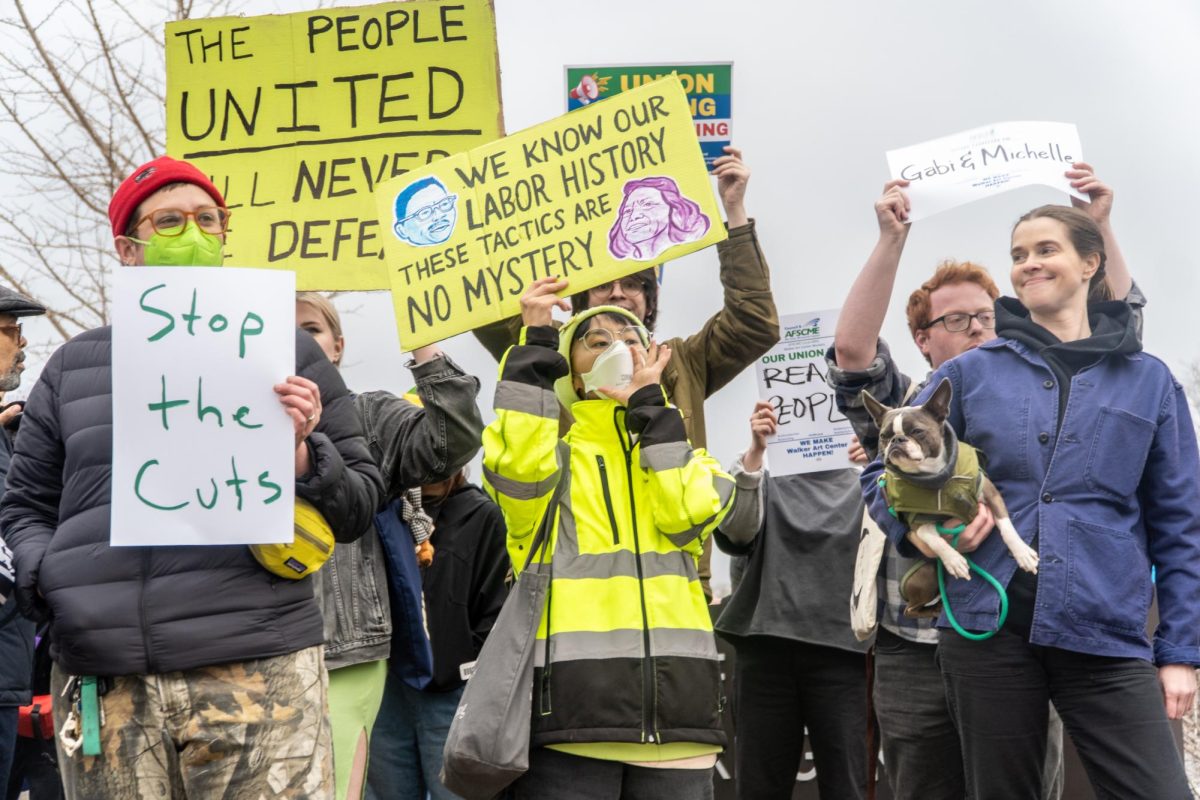A game of word association rarely puts “sex” and “nun” together. Unless, of course, you’re writing a book about the secret lives of the real people who often undermine the “Sound of Music” stereotype.
Cheryl L. Reed interviewed more than 300 Catholic nuns from more than 50 different religious orders for her book “Unveiled: The Hidden Lives of Nuns.” She spent time with sisters from all over the United States on her quest to learn more about women who dedicate themselves to a higher power.
She lived with them, prayed with them and even helped a nun-midwife deliver a baby near the Mexican border. She asked questions that few would dare ask a nun. The answers she got on topics from sex to politics showed her that nuns aren’t always who they seem to be.
Times have changed and, as Reed learned during her travels, so have previously inflexible dogmas of organized religion.
Some of the nuns were previously married, some have grown children and others decided to pursue the religious life despite having successful careers in other fields.
While some of today’s nuns are still cloistered and clad in the traditional black habit, some abbeys allow jeans and an open-door policy. Some orders focus on helping the homeless, and others have made civil disobedience and activism their primary causes.
Reed followed four elderly nuns from Minnesota who have been threatened, put in jail and verbally abused for the stands they’ve taken on political issues. They protested against the Gulf War, participated in sit-ins at a cathedral and demonstrated outside factories that produce munitions.
These sisters by religion are also sisters by blood who range in age from 67 to 80, and they’ve shown no signs of slowing down, even after numerous arrests.
All four became nuns when they were teenagers or shortly thereafter, and now they use their religion as a source of strength in their peace protests.
Reed writes in a conversational style, as if she were chatting with a group of friends in a coffee shop instead of writing a book that seeks to dispel stereotypes. She describes the women with such detail that it seems as if she’s known them for years instead of days.
Reed doesn’t sidestep sensitive subjects, including why progressive-thinking, equality-seeking women would voluntarily join part of a society that has always done its best to keep women in subservient roles in the church.
“Unveiled” unravels many stereotypes associated with women in religion. Reed’s arguments gain credence because of her time with the nuns. The trust she earned from these nuns allows her to show us the many-faceted women, young and old, inside and outside the abbey.







